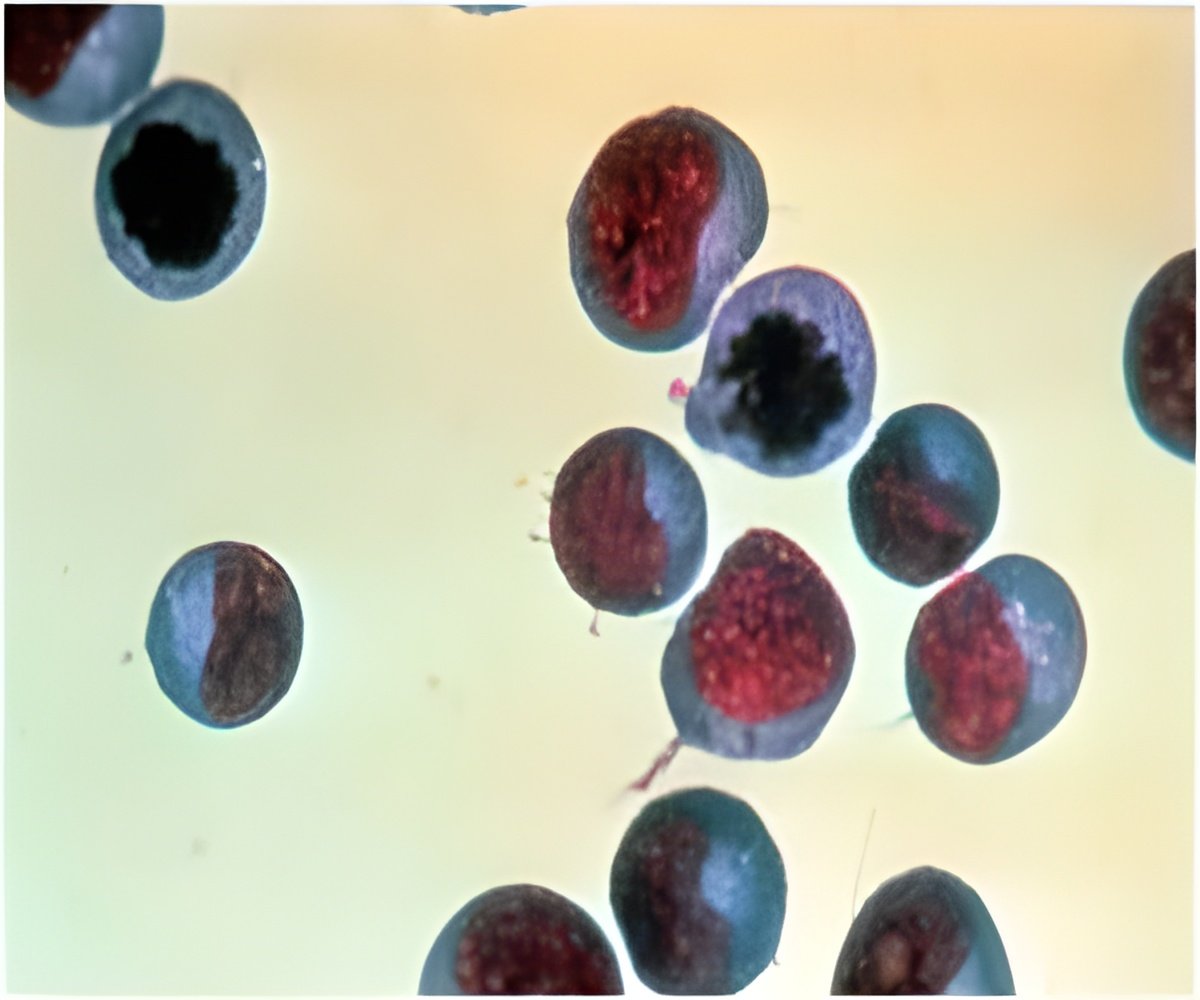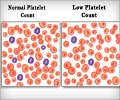
Atherosclerosis is a chronic inflammatory disease and the leading cause of death in developed countries. Patients with this vascular disease have elevated levels of a molecule called oxidized low-density lipoprotein (oxLDL), which is known to activate the immune system. Because patients with T cell-mediated autoimmune disorders such as psoriasis and rheumatoid arthritis have a much higher risk of developing atherosclerosis, Chung and his team speculated that the tight link between these disorders could be explained by oxLDL-mediated activation of T cells.
In the new study, the researchers found that oxLDL increases the number of T helper 17 (Th17) cells in a mouse model of atherosclerosis. To examine the relationship between atherosclerosis and autoimmunity, the researchers exposed the atherosclerotic mice to a molecule that causes autoimmune disease. When these mice were treated with an agent that inhibits the activity of Th17 cells, clinical symptoms of autoimmune disease improved. Taken together, these findings suggest that a molecule that causes atherosclerosis also activates T cells responsible for autoimmune disorders.
"Our study suggests that we should consider circulatory factors in current therapeutic approaches for the treatment of autoimmune diseases," Chung says. "For instance, we expect that controlling oxLDL levels in circulation could greatly improve the therapeutic efficacy of immunological or pharmacological treatment of autoimmune diseases."
Source-Eurekalert













